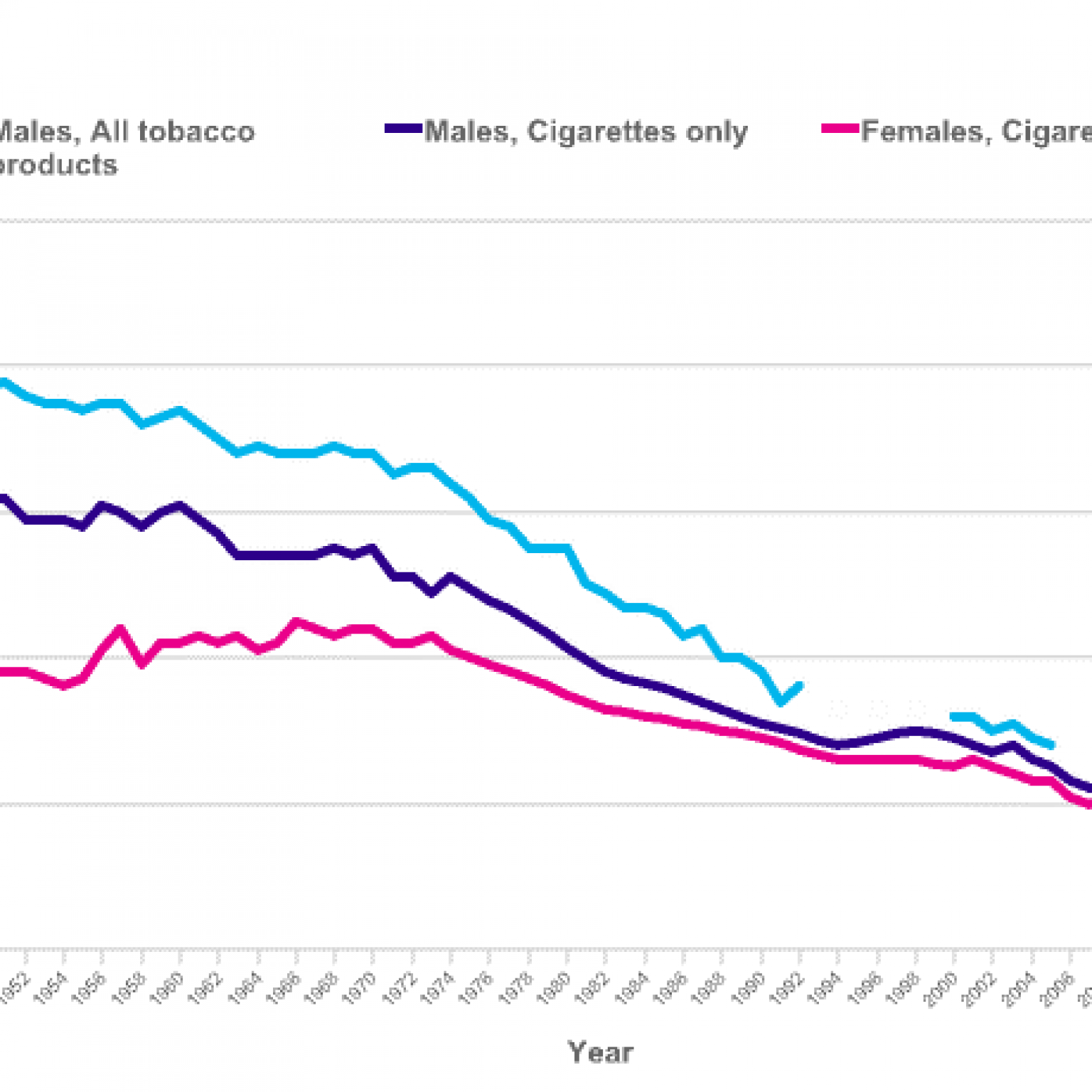Are the addictive qualities of social media
essentially the same as smoking?
Post Feature
Reading Time:
Minutes
The horrific events in New Zealand on March 15 have once again put social media, and Facebook in particular, under intense (and deserved) scrutiny. The mass shooter who killed 50 people was trying not only to inflict death and injury to as many as possible, but to achieve notoriety via social media by streaming the sickening rampage online. In a powerful piece in The Register, Kieren McCarthy suggested we — the users — have created a monster in social media, through avarice and a lack of moral compass.
Any suggestion that social media companies should be policed, restricted, or otherwise made to abide by established norms and legal rules inevitably attracts a deluge of trolling — but what happens when the good that social media certainly provides is increasingly outweighed by the harm it causes? This surely deserves more considered debate, and I would argue, some sort of action. Banning social media is not a feasible solution, self-regulation has failed, and while government regulation is a popular proposition supported by a number of politicians, actually making it work may be harder to achieve. So what is the answer? Perhaps looking at another industry could provide some ideas.
Smoking is a habit which many find pleasurable. It helps ease social interaction and provides important breaks and opportunities to relax and unwind. It is of course also highly addictive, damaging to your health and those around you, and exacts a huge cost on society. Governments around the world have acted to limit the harm from tobacco — and those efforts have been effective. In the U.K. in 1948, approximately 4 out of 5 men smoked some form of tobacco. Now, the number has fallen to 1 in 5 adults.

A combination of public education programs, on-pack warnings, strict enforcement of age limits for purchase, and bans on where people can smoke have proven effective in protecting the health of millions of people. Social pressure from friends and relatives, even disapproving looks from others, acts as a multiplier, increasing the incentive for individuals to try and quit harmful behaviors. Could we see the same combination applied to social media consumption?
Governments must consider the option to mitigate the harm to society caused by social media.
Facebook is already losing users in the U.S. and across Europe, potentially, in part, because of scandals over data use and privacy concerns; could the New Zealand atrocity encourage more people to vote with their eyeballs and stop supporting platforms that do too little to prevent such things from spreading online? Perhaps that sounds unlikely, but why shouldn’t governments step in and create public awareness campaigns informing people of the risks of social media, just as they did for smoking? Wide-ranging citizen awareness campaigns — launched in the teeth of opposition from the tobacco lobby — were effective in educating people to make better choices about smoking. Governments must consider the option to mitigate the harm to society caused by social media.
Governments already invest in public awareness campaigns that try to nudge us into behaviors that are better for the health of the individual and society — everything from eating better and getting more exercise to road safety. With clear evidence that social media has a negative impact on mental health, governments must surely add it to the list of “ills” that they try to manage. We know that providing people with knowledge, awareness, and tips to help them make better decisions does work — so let’s start to talk honestly about social media consumption and help manage the growing mental health crisis.
Imagine social media sites displaying a government warning on the homepage — just as cigarette packs are required to carry graphic illustrations of the damage caused by smoking!
It seems clear to me that doing nothing now is no longer an option.
Social media delivers enormous value to millions of people around the world. The ability to stay in touch with friends and family; to find and engage with individuals who share your views; and to learn, organize, and take action on the things that matter to you is a significant benefit to individuals and society at large. But we can no longer deny the significant dark side of social media. It not only provides the means for criminals, hate-mongers, and terrorists to deceive, promulgate evil manifestos, and arrange atrocities, but contributes to the harm the countless “ordinary” people suffer as they are bullied, trolled, or made depressed by interactions on social networks.
The players that dominate the social media landscape have so far paid only lip service to their moral and ethical obligations to try and manage the unintended and negative consequences of their product. They do enough to head off the worst of the PR crisis, but do not address the core issues in any adequate manner. They do not fear regulation as they believe (correctly) that governments have neither the resources nor the will to enforce it. But they might react if their members — and their customers, the advertisers — start to shun them. Mandated warnings on their sites, combined with public awareness campaigns, perhaps funded through taxes on social media companies, might be the way to mitigate some of the damage resulting from social media.
There are always reasons not to take a stand, and challenges to acting in the right way, but it seems clear to me that doing nothing now is no longer an option.





























